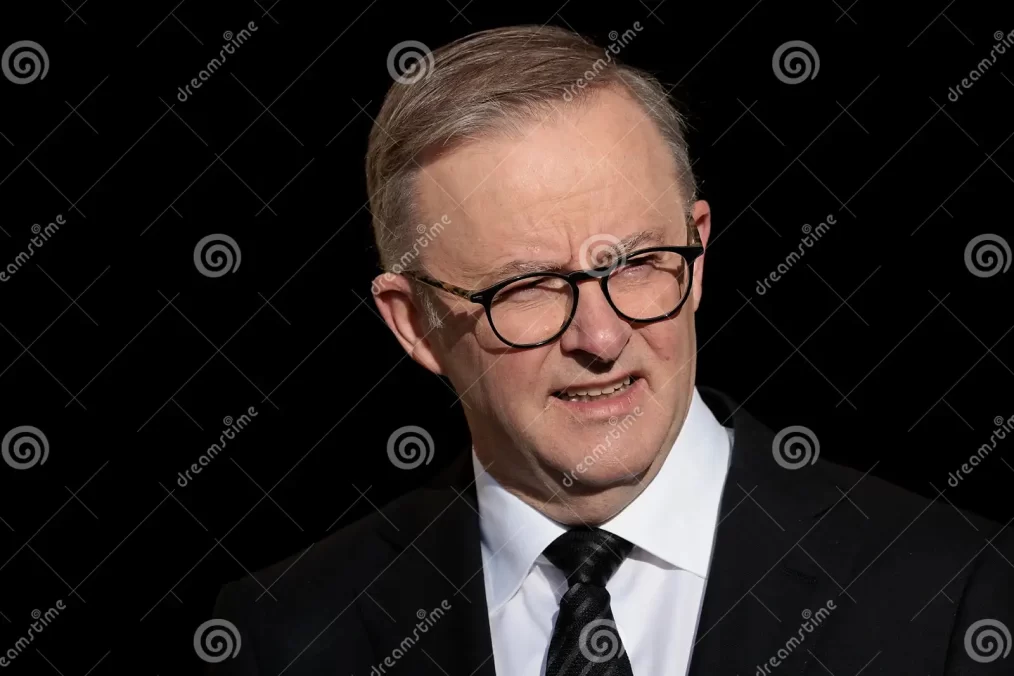
Australian Prime Minister Anthony Albanese Faces Growing Challenges Amid Record Low Support for Labor Government
Fairfield News
As 2025 approaches, Australian Prime Minister Anthony Albanese faces mounting political challenges. With a federal election due by May 2025, his government grapples with record-low support for the Labor Party, internal factional disputes, a struggling economy, and growing public dissatisfaction.
One of the key figures drawing criticism within the government is Climate Change and Energy Minister Chris Bowen. His handling of policies and public communication has sparked concerns about misinformation and mismanagement.
Bowen’s political career has been marked by controversial decisions across various portfolios:
- Immigration Minister (2010-2013): He reintroduced offshore processing for asylum seekers, drawing backlash from human rights groups over harsh conditions and lack of transparency.
- Treasurer (2013): During his brief tenure under Prime Minister Kevin Rudd, Bowen faced criticism for his handling of the economy, with some analysts attributing his policies to the budget deficit.
- Health Minister (2007-2010): His reforms sparked debates over bureaucracy and the sustainability of Australia’s healthcare system, particularly Medicare and hospital funding.
As Climate Change and Energy Minister, Bowen’s current policies have faced significant scrutiny:
- Renewable Energy Targets: Critics argue that his push for 100% renewable energy is unrealistic and fails to account for the reliability issues of renewable sources.
- Electric Vehicle Policies: Bowen’s policies have been described as ideologically driven, with concerns over their practicality given Australia’s vast geography and infrastructure challenges.
- Energy Prices: Despite promises of reducing costs, Australians are facing rising electricity bills, with critics blaming Bowen’s policies for increased reliance on expensive and intermittent renewable energy.
Prime Minister Albanese’s leadership is also under question, particularly regarding rising living costs. Healthcare has become a key concern, with Medicare reforms and increasing GP visit costs drawing public criticism. Many Australians feel the government has not done enough to address their everyday challenges, contributing to declining voter support.
Internal Labor Party divisions add further complications. The party’s left and right factions continue to clash over policies on climate change, immigration, and economic reforms, weakening the government’s ability to present a unified front.
On the Opposition side, Peter Dutton’s leadership remains a point of concern, with low personal approval ratings. However, with Labor’s declining support, the Liberal Party may find itself in a stronger position as the election approaches.
Healthcare remains a pressing issue for Australians. Rising out-of-pocket costs for GP visits have drawn criticism, with many feeling the government has not ensured affordable, accessible healthcare.
The coming months will be crucial for both major parties. With rising public disillusionment, addressing key issues like healthcare, energy costs, and economic stability will be essential. Failure to do so could result in significant political shifts in the next Federal election.
ED: This was in my inbox yesterday – Thanks Brian



